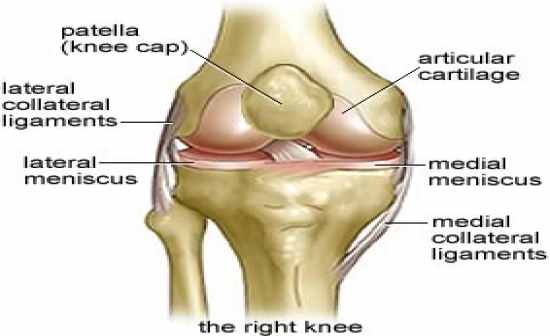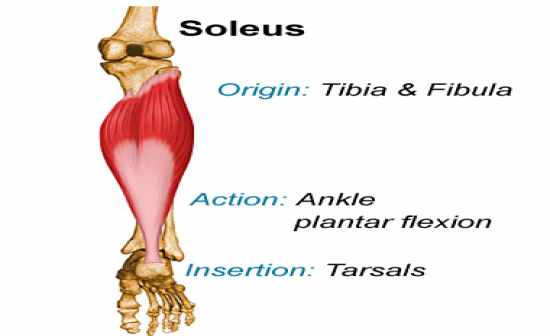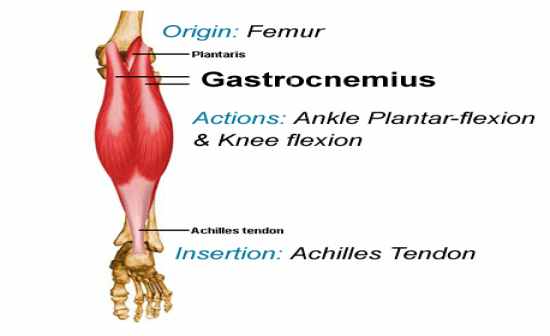Cards In This Set
| Front | Back |
|
Bones of the Lower Leg
|
Tibia and the Fibula
•The Tibia (shinbone) is the larger of the two connecting the knee and the ankle joints
•The Fibula, the smaller of the two runs down the lateral side of the lower leg and forms the lateral aspect of the ankle joint
|
|
Patella
|
•Its main function is to provide protection to the anterior structures of the knee
|
|
Bones of the Knee Joint
|
 |
|
Anterior Cruciate Ligament
|
•The ACL is the anterior connection between the femur and the tibia
•It’s main function include:
–Provide stability to the knee and minimise stress across the knee joint
–Restrain excessive forward movement of the tibia in relation to the femur
–Limit rotational movements of the knee
•Once ruptured, the ACL will not heal itself because it is situated inside the joint capsule and receives no blood flow
|
|
Posterior Cruciate Ligament
|
•The PCL connects the posterior aspect of the tibia and the medial femoral condyle
•It is closely aligned to the centre of rotation of the knee joint and is considered to be one of the main stabilisers of the joint
•As it is situated outside the joint capsule, the PCL unlike the ACL is able to heal itself without surgery
|
|
Collateral Ligaments
|
 •Medial Collateral Ligament: –Strong, flat band extending from medial epicondyle of femur to medial condyle of tibia •Lateral Collateral Ligament: –Thin, rounded cord extending from lateral epicondyle of femur to lateral surface of the head of fibula |
|
Soleus
|
 •Powerful muscle in the back of the leg •Large muscle bulk coming from head of fibula •Action: Plantar flexes foot |
|
Gastrocnemius
|
 •Long calf muscle with a lateral and medial head •Action: Plantar flexes leg and flexes leg at knee |
|
Peroneals
|
 •Peroneus Longus: –Originating from lateral surface of fibula –Action: Plantar flexes and everts foot –Peroneus Brevis: –Originating from lower two thirds of fibula –Action: Plantar flexes and everts foot |
|
Plantaris
|
 •Thin, posterior lower leg muscle •Works in conjunction with the Gastrocnemius •Action: Plantar flexes foot, everts leg |
|
Tibialis Anterior
|
•Superficial, anterior lower leg muscle
•Action: Dorsi flexes and inverts foot
Origin:lateral tibial condyle insertion: base of the first metatarsal. |
|
Tibialis Posterior
|
•Posterior lower leg muscle situated in the interosseous membrane between the tibia and the fibula
•Action: Plantar flexes and inverts foot
Origin: posterior surface of fibula Insertion:tarsal and metatarsal bones of the foot. |
|
Achilles Tendon
|
Strong tendon in the lower leg responsible for attaching the Soleus, Gastrocnemius and Plantaris to the Calcaneus (heel bone).
|



